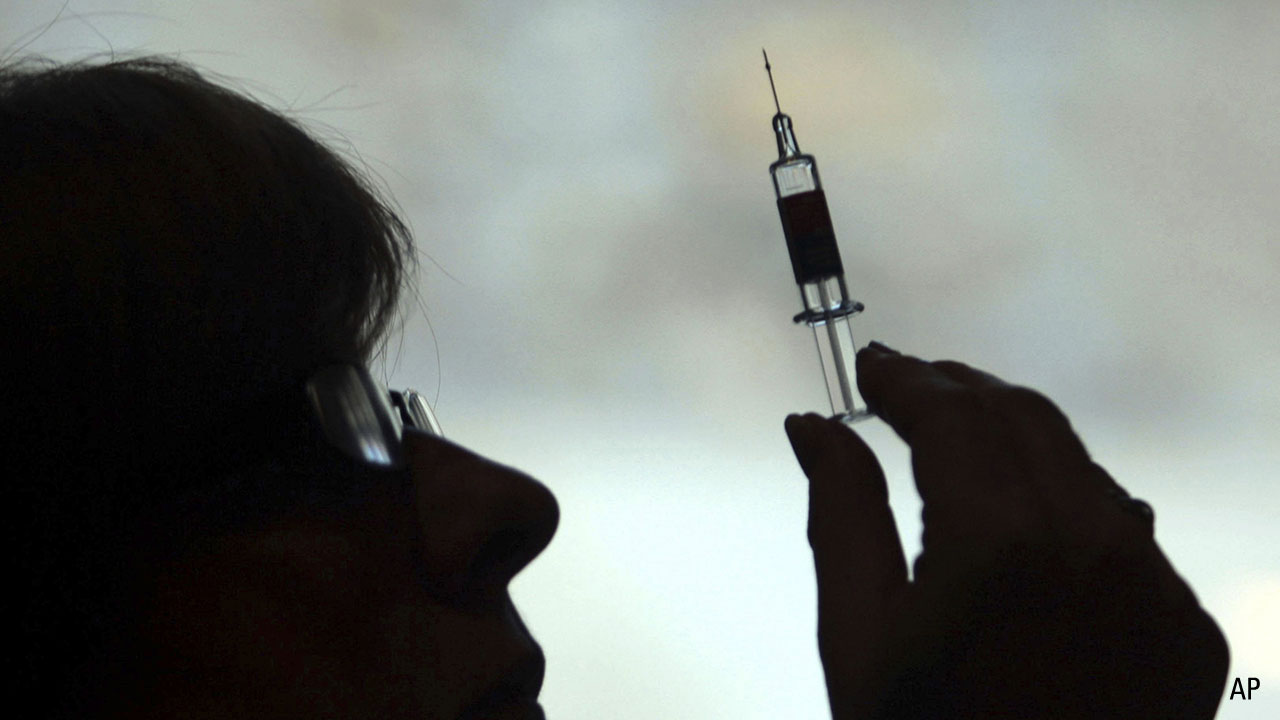
Editor's note: Read the latest on how the coronavirus is rattling the markets and what you can do to navigate it.
Karen Andersen
Several aggressive steps to control the spread of the coronavirus have been taken in the past few days as businesses and individuals around the world navigate uncharted territory.
Conferences and other large gatherings have been cancelled in many countries and thousands of companies are having staff work from home.
In parts of the US including Chicago, schools have closed for the month of March, as have bars and dine-in restaurant service. Countries like France and Spain are taking similar actions as coronavirus cases in continue to rise.
We've also seen some private businesses like Apple closing their doors. And overall, this is exactly what we need to do, and the fact that this is happening at a rapid pace is encouraging.
In terms of the drug treatment, Gilead's developing what's set to be the leading drug to treat coronavirus, called Remdesivir.
We are still waiting for the key phase 3 data readout that's going to be coming either later this month or in April.
Some 14 Americans from the Diamond Princess cruise line have received treatment in Japan. These were critically ill patients with an average age around 75, who appear to be doing well two weeks after initiating this 10-day treatment regimen.
More than half of them have recovered and there have been no deaths. As a reference the Journal of the American Medical Association, using the largest data set from China, shows a death rate of about 49 per cent for those who become critically ill.
The fact that these patients are doing fairly well, who had become so sick, is positive news for the potential efficacy of Gilead's drug.
Also, Sanofi and Regeneron have also announced a study they'll be performing for their arthritis drug Kevzara, as a coronavirus treatment.
Overall, the mitigation efforts including rapid changes in behaviour such as stopping public gatherings is working. We're seeing steady improvements in diagnostic testing and the number of potential treatments that are likely to benefit patients in the long run.
But these efforts are just beginning and there's a little bit of a lag here.
Over the next week or two, as more people are tested, we're going to see a lag among people who maybe were infected before these social-mitigation efforts came into place.
People should be prepared: This is probably going to get worse before it gets better.
Economic impact should be modest
Preston Caldwell
Our view is still that in the long run, the economic impact from all of this will be modest. Given that, even with the further slide in equities that we've seen, we still think these equity markets are overreacting.
We don't think they're responding to a real long-run threat. Of course, still in the short run we emphasise there could be a significant impact. And in fact, based on a tweaking of our probabilities, based on an emerging assessment of the virus, we have slightly adjusted our economic impact numbers.
We thought originally there would be a 1.5 per cent hit to 2020 GDP and now we've bumped that up to 2 per cent. But these probabilities are fluctuating almost daily, so people should take that with a grain of salt.
But the key number is that still our long-term impact is minimal, currently at 0.3 per cent. Given that, we don't think that the fall in equities that we've seen so far is warranted.
On the economic side, most of the developments have been anticipated by our analysis.
What we really don't want to see is closing factories and logistics supply chains, to the greatest extent possible.
If the US can keep the core of the economy running, even while we have a targeted focus on closing schools and cancelling large events, that's really a best-case scenario for the economy, especially in the short run.
Oil price will rebound
Looking at the energy sector specifically, where oil prices have plummeted around 40 per cent from their January 2020 levels, the ongoing production increases by Russia and the OPEC countries have caused oil markets to go into oversupply.
This is something we think will work itself out - perhaps sooner, perhaps later. But eventually we will have to see a rebound in oil prices because the marginal supplier of oil globally is US shale, which has a breakeven cost $55 per barrel in our view.
Therefore, if we don't see a return to that oil price, then we'll see a collapse in US shale production, which will build the year after year and eventually compel, a rebalancing of global oil supply and demand.
So, it's very troubled in the near run, but we eventually expect a return to higher prices. But the duration of the low prices is going to be long enough to really hit energy equities hard.
We've definitely continued to update our views there and we've brought many of our energy equity fair values down over the last week.








.jpg)













